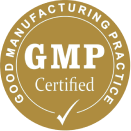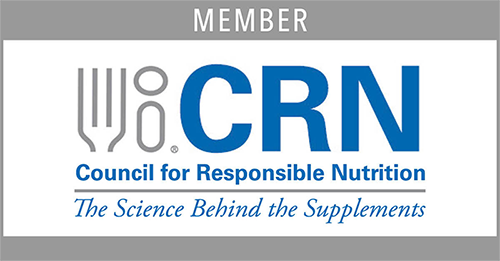What is It?*
Source Type: Mineral
Source(s):
- Naturally found in a wide range of animal foods (oysters, meat, fish, poultry, seafood, eggs)
- Naturally found in smaller amounts in some plant foods (beans, nuts, whole grains)
- Fortified foods (breakfast cereals)
- Chemically synthesized in labs, usually in the form of zinc oxide
Zinc is an essential trace mineral, meaning that is required in relatively small amounts for optimal health. But, even though it’s a trace mineral, it is necessary for various bodily functions. Zinc plays a role in proper immune function, wound healing, DNA synthesis, and cell division. It is also important for taste and smell perception.
Benefits*
Some of the benefits of zinc include immune system support, blood sugar regulation, and proper wound healing. Zinc is also beneficial for supporting our sense of taste and smell. In addition, zinc is used to help treat diarrhea and Wilson’s disease.
Effectiveness*
Many studies suggest that zinc supplementation can help speed up recovery from the common cold if you start taking it as soon as symptoms arise. However, zinc does not seem to affect the severity of the cold symptoms.
One of zinc’s many roles is to enhance the action of insulin. To prove this, many studies have found that low levels of zinc contribute to impaired blood sugar levels. Other studies have shown that zinc supplementation can help reduce insulin resistance.
Many studies have found zinc to be highly effective in regulating every phase of the wound-healing process.
Research has found that taking zinc by mouth improves the ability to taste foods in people who have hypogeusia.
Many studies have found that zinc supplementation is highly effective in reducing the severity and duration of diarrhea in undernourished children.
Zinc supplementation has also been shown to be highly effective in treating Wilson’s disease, which is an inherited disorder that causes copper to build up in many organs. Taking zinc can help improve symptoms of this condition and block how much copper is absorbed in the body.
Risks*
Zinc is generally considered to be safe when taken in proper recommended amounts. However, taking high doses of zinc is unsafe and can lead to stomach pain, vomiting, and dizziness. In addition, if you take high doses of zinc supplements for a long time, you could develop low levels of HDL (the “good” cholesterol), reduced immunity, and low copper levels. Zinc can also interfere with certain medications, such as antibiotics and diuretics.



